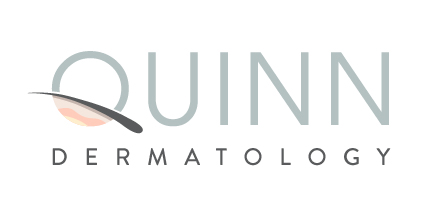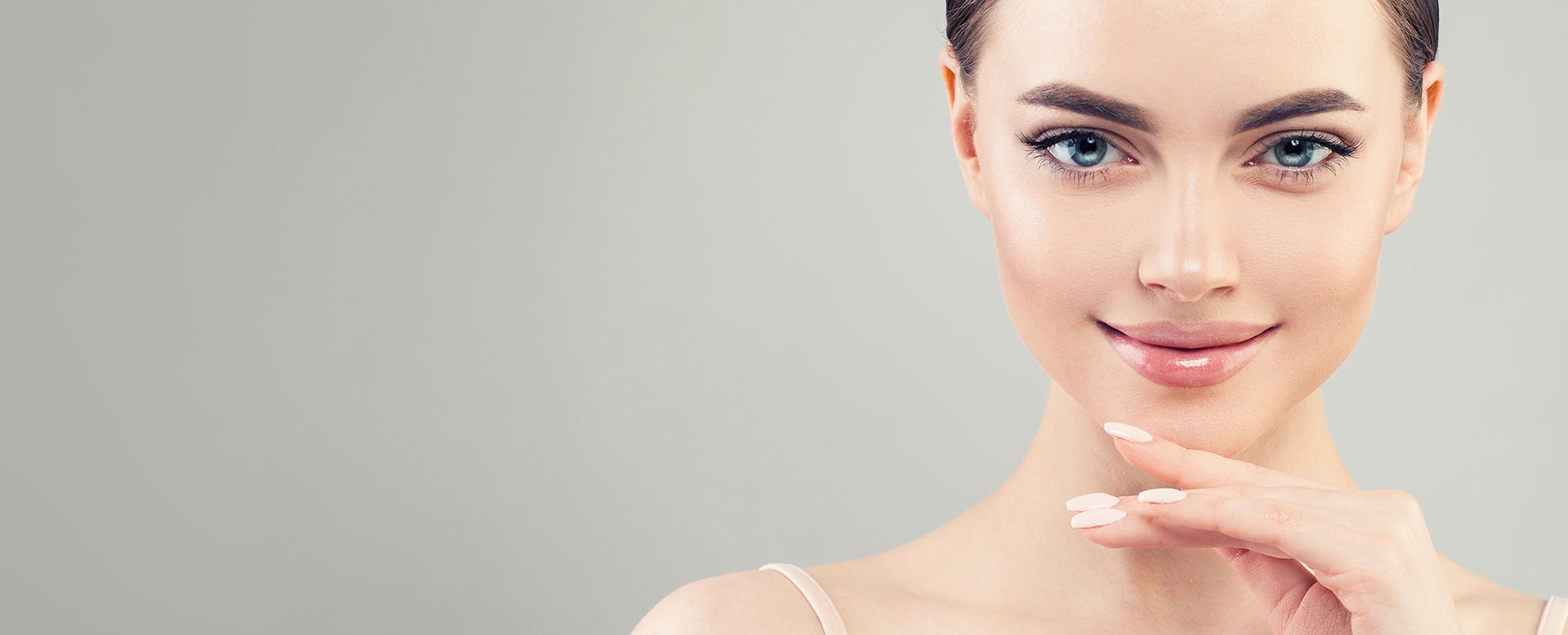20 Mar Safe Tanning – Alternatives For Sun Tanning
Spring is here, which means more sunny days and the burning urge to see yourself with sun kissed skin. From tanning beds, to spray tans, to lying out under the sun, there are so many ways to get that spring and summer glow. However, tanning of any kind is dangerous and can have negative effects on your skin and health.
Here are some reasons why tanning can be dangerous:
Skin Damage:
UV radiation can cause skin damage, including sunburn, premature aging (wrinkles, sagging skin), and an increased risk of skin cancer.
Skin Cancer Risk:
Exposure to UV radiation is a major risk factor for skin cancer, including melanoma, the deadliest form of skin cancer.
Eye Damage:
UV radiation can also harm your eyes, leading to conditions like cataracts and macular degeneration.
Weakening of Immune System:
Prolonged exposure to UV radiation can weaken your immune system, making you more susceptible to infections and illnesses.
Uneven Skin Tone:
Tanning can lead to uneven skin tone, with areas of hyperpigmentation (dark spots) and hypopigmentation (light spots).
If you want a tan, consider the following alternatives:
Self-Tanning Products:
These products contain dihydroxyacetone (DHA), which reacts with amino acids in the skin’s surface to darken it temporarily. They are available in lotions, sprays, and mousses.
Bronzing Makeup:
Bronzing powders or creams can give the skin a sun-kissed look without exposure to harmful UV rays.
Spray Tans:
Professional spray tans use DHA to darken the skin temporarily. They are applied evenly to the skin for a natural-looking tan.
Tanning Lotions:
Some tanning lotions contain DHA and can be used at home to achieve a tan without sun exposure.
Gradual Tan Products:
These products gradually darken the skin over several applications, allowing for a more subtle and natural-looking tan.
Bronzing Moisturizers:
Moisturizers with a hint of self-tanner can be used daily to build up a tan over time.
Bronzing Drops:
These concentrated drops can be added to moisturizers or serums to customize the level of tan.
It’s important to note that while these alternatives can provide a tan without sun exposure, they do not provide protection from UV radiation. It’s still essential to use sunscreen daily to protect your skin from the sun’s harmful effects.
By following these alternatives to tanning, you can enjoy a sun-kissed glow while reducing the risk of sunburn, premature aging, and skin cancer associated with excessive UV exposure. Keep in mind, however, that it’s important to note that while these alternatives can provide a tan without sun exposure, they do not provide protection from UV radiation. It’s still essential to use sunscreen daily to protect your skin from the sun’s harmful effects.
To learn more about the impact of tanning and over exposure to the sun, schedule a consultation with a dermatologist.


